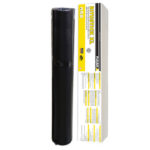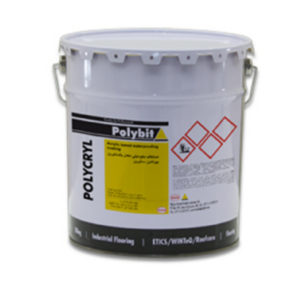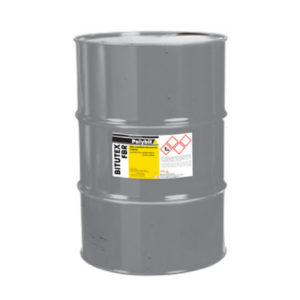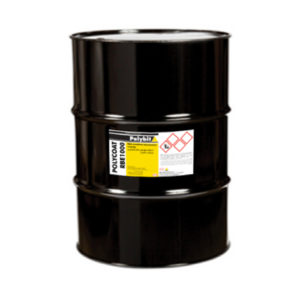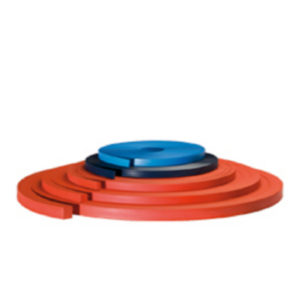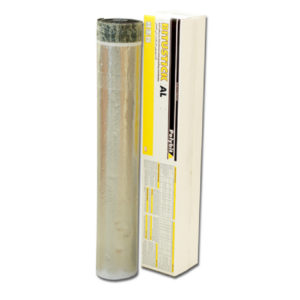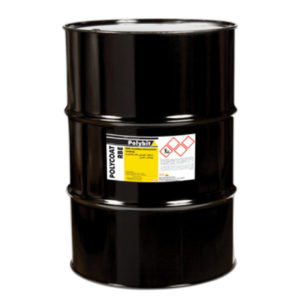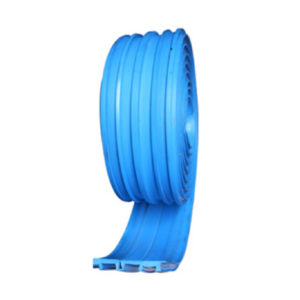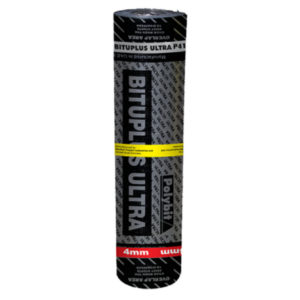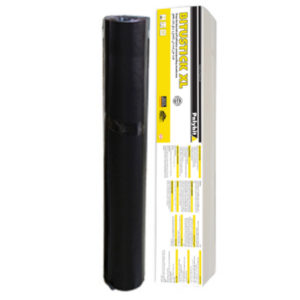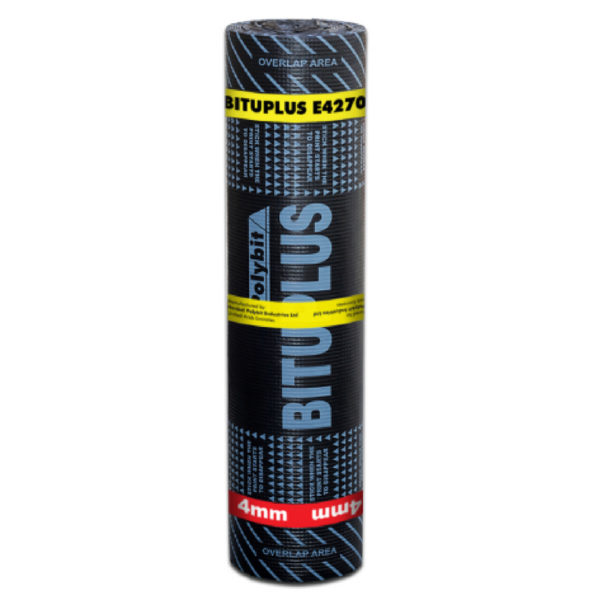

Bituplus E 4270
Bituplus E 4270
SBS modified bituminous waterproofing membrane
Properties
- Excellent resistance to positive water & vapor pressure
- Good dimensional stability under tension
- Excellent flexibility. Can accommodate high structural movements
- High puncture and fatigue resistance
- Excellent tensile and tear strengths
- High resistance against water borne chemicals
- Exhibits good low temperature flexibility
Description
Bituplus E 4270 is a bituminous waterproofing membrane manufactured by blending a mixture of bitumen and SBS (Styrene Butadiene Styrene) polymers to obtain excellent waterproofing and low temperature flexibility properties.
TDS for Bituplus E 4270
- Step by Step
Substrate preparation
The surface shall be cleaned thoroughly of all contaminants like dust, traces of curing compound, oil and grease. All surface imperfections, protrusions, structurally unsound and friable concrete must be removed and repaired.
Priming
Apply Polyprime SB* (Solvent based primer) @4-6 m²/L to a clean, smooth and dry surface by brush, roller or spray. Allow the primer to dry prior to the application of the membrane. The primer promotes the adhesion between the membrane and the concrete surface.
Alignment
Start the installation of all membrane plies from the low point or drains, so that the flow of water is over or parallel to the plies, but never against the laps. All overlaps at the membrane seams shall be installed so as to have “”up”” slope laps over “”down”” slope laps. Begin membrane application by unrolling the roll of Bituplus E 4270 membrane and aligning the side laps. Side overlaps should be a minimum of 100 mm and the end overlaps 150mm.
Torching
Bituplus E 4270 membrane is installed by using a cylinder fed propane gas torch. Use of hand-held roofing torch is recommended as it affords a good control. Begin torching the embossed polyethylene side of the rolled portion of the membrane. As the membrane is heated the embossing starts to melt away exposing a shiny bitumen surface. Roll forward the membrane and press firmly with the boot or roller against the substrate to bond well. The propane flame should be moved from side to side and up the lap edge while the membrane is slowly unrolled and adhered to the underlying surface.
Caution: Do not over torch the membrane as this will expose the reinforcement and cause damage to it.
Sealing
Heat both the overlaps and use round tipped trowel to seal the overlap. Adequate heat is confirmed when a uniform flow of melted bitumen compound flows evenly in a bead that oozes from the applied membrane’s edges. Excess compound should be pressed into the seam using a heated trowel. Any un-bonded areas must be lifted and re-torched.
Protection
Bituplus E 4270 should be protected from getting damaged due to the ongoing site activities and during backfilling. Membranes laid on horizontal surfaces can be protected either by a cement sand screed (50mm thick) or by an asphaltic protection board (Bituboard)*. On vertical surfaces the membrane has to be protected with Bituboard. Bituboard can be fixed on the membrane by torching the underside of the board, or with a double sided bitumen adhesive tape (Watertite TS 15)*.


